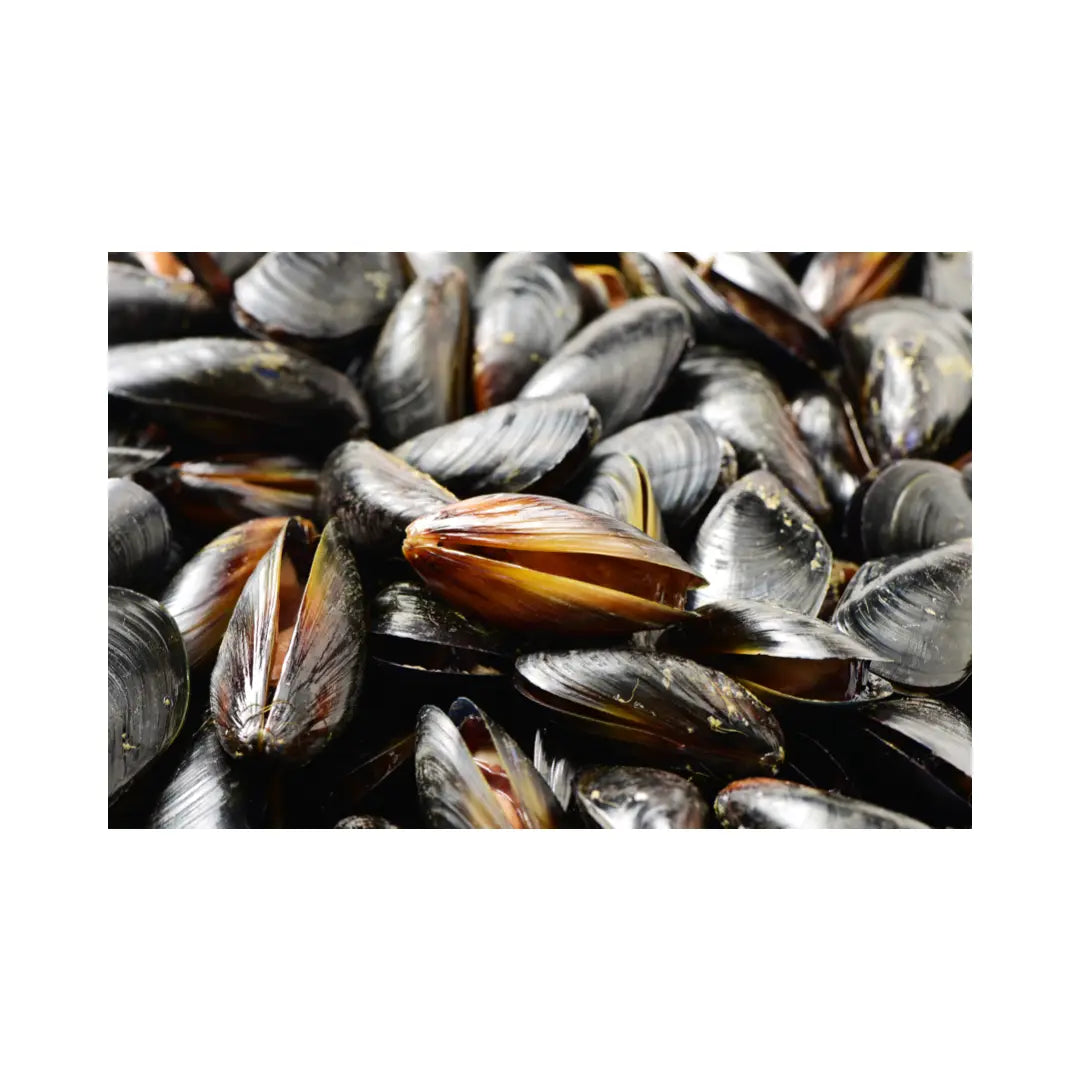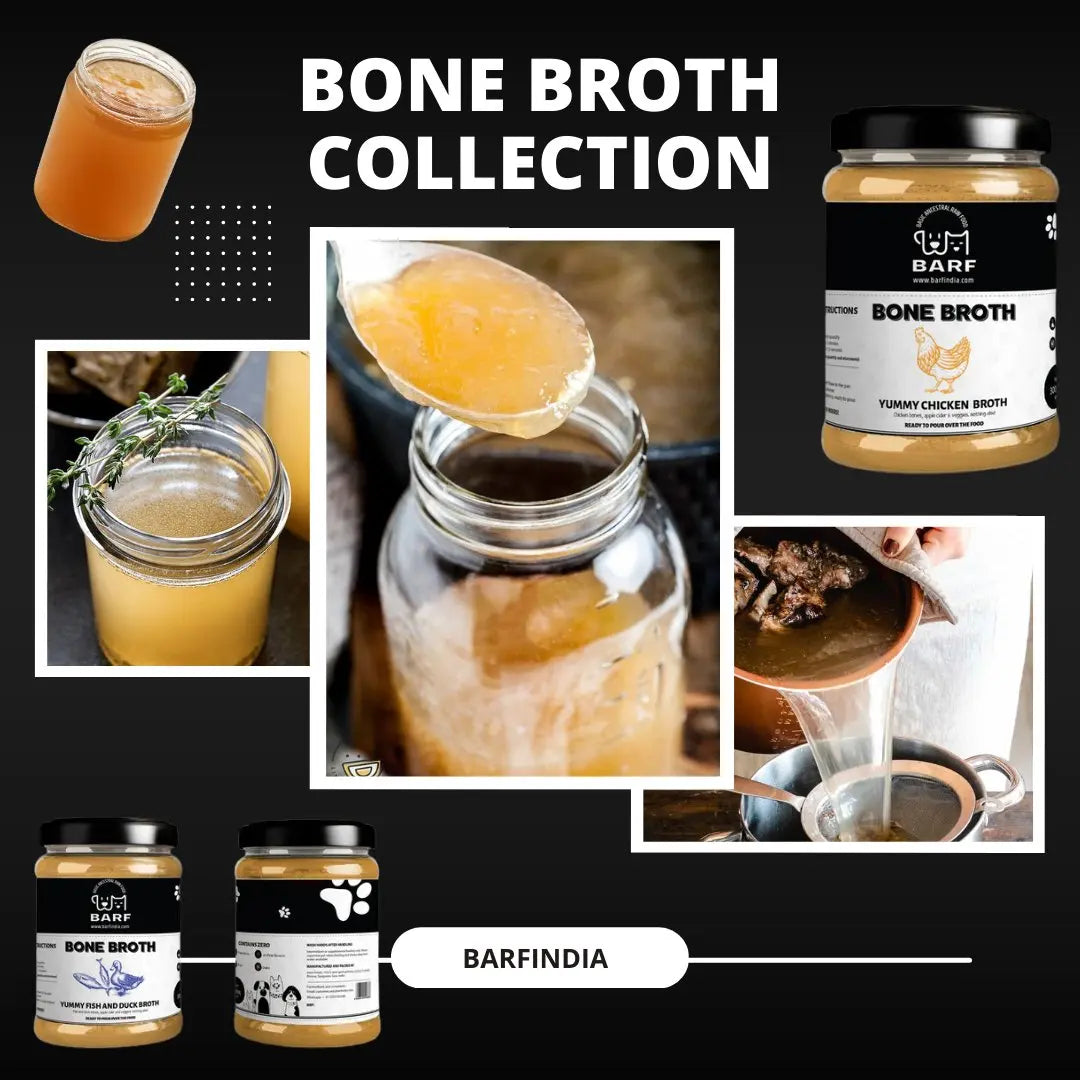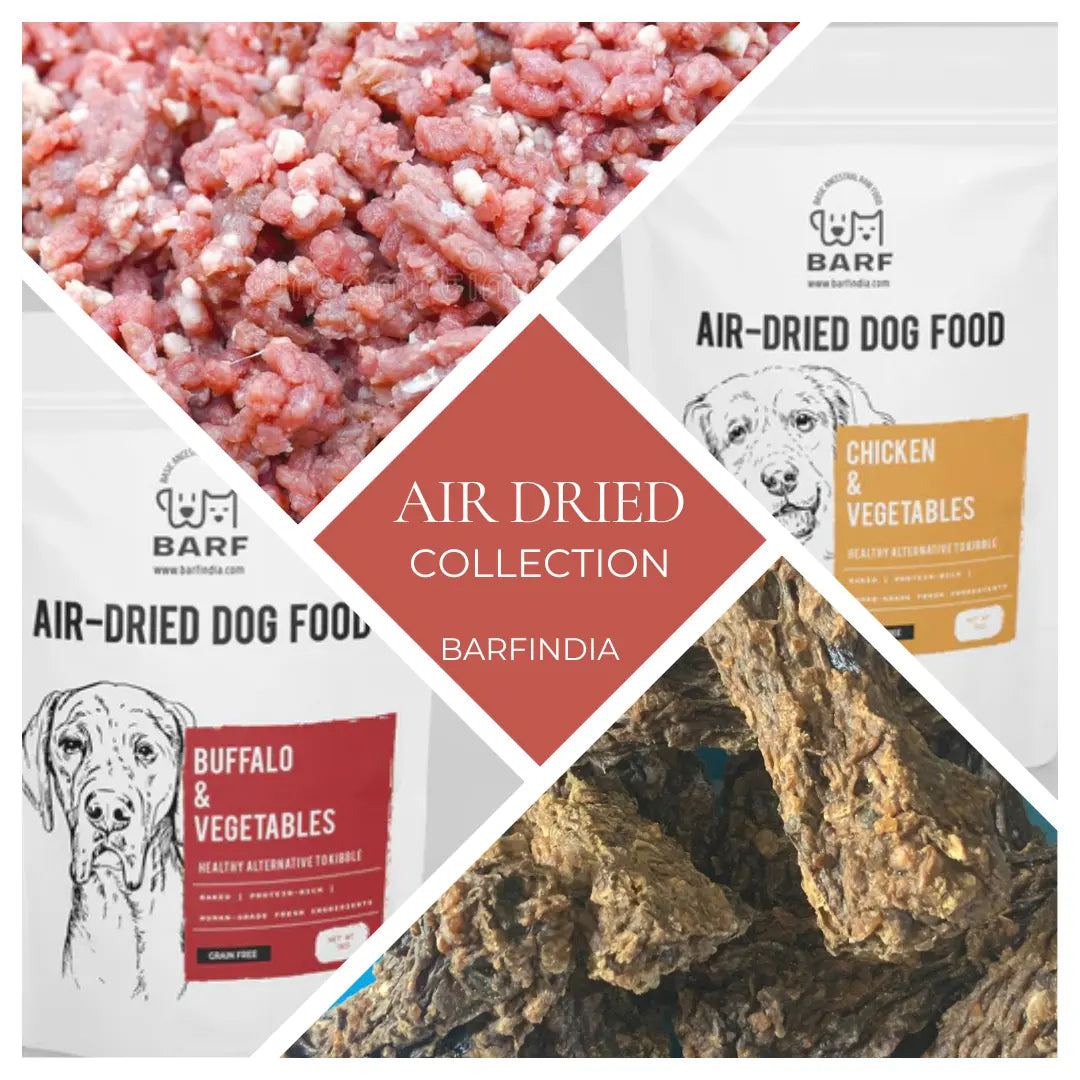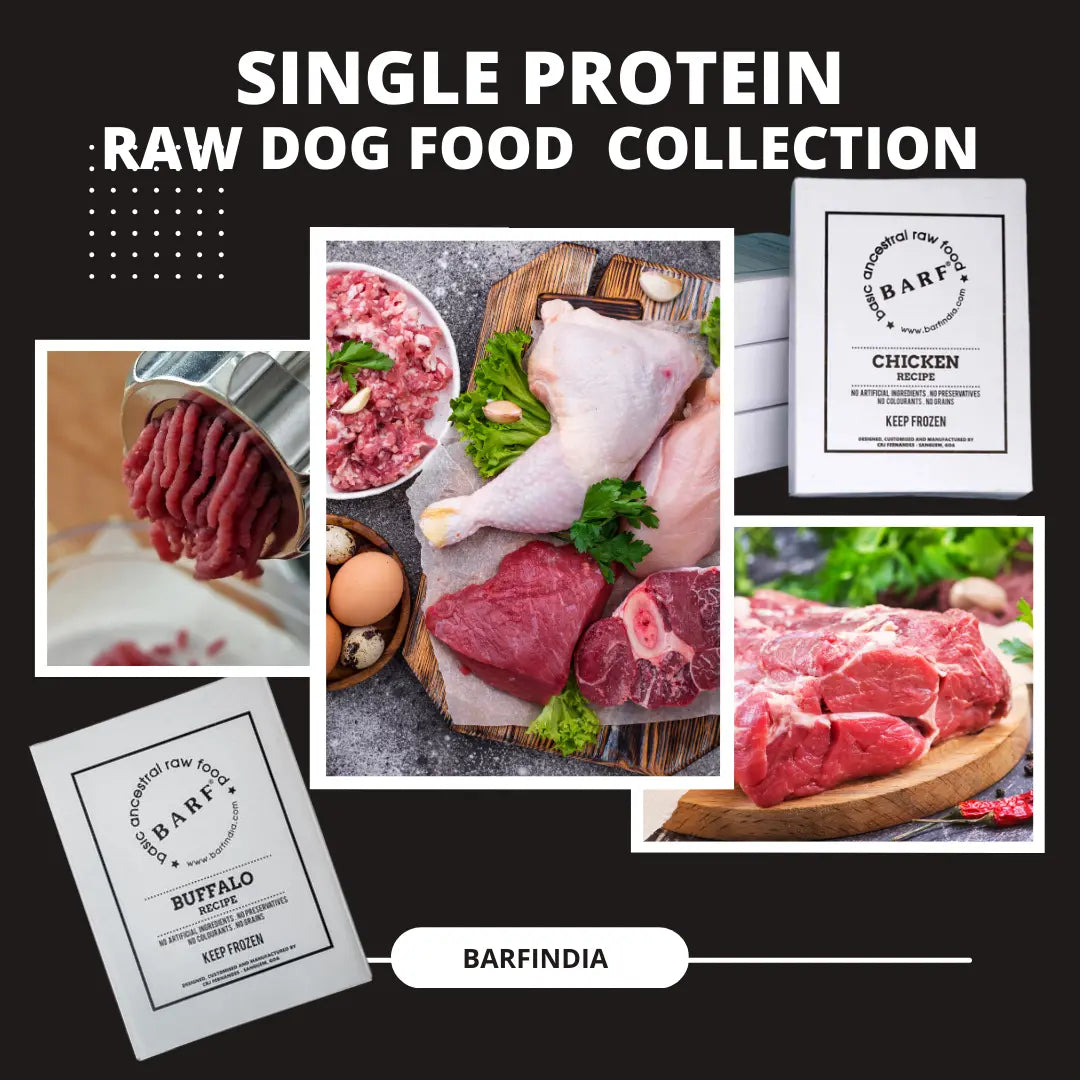
Can we feed Mussels to our cats and dogs?
B.A.R.F. India AdministratorFeeding Mussels to Our Cats and Dogs: A Nutrient Boost
Unfortunately, when it comes to treats for our furry pets, we are mostly forced to rely upon commercially-available options that may or may not really be good for them. But we convince ourselves that it’s alright since we give those occasionally and definitely not as a full meal. Have you tried raw mussel meats for meats? However, many of us don’t stop to think about what these treats contain. The tasty treats that our pets seem to love so much are highly processed, contain feed-grade ingredients, have no health benefits , and can over time even give rise to a host of health issues.
Why do we feed commercial, processed treats to our pets?
Why, despite these obvious shortcomings, do we continue to feed readymade treats to our pets? Blame it all on well-placed and well-made marketing messages. Perhaps your veterinarian also advised you that your pet should never be fed human food and can only consume pet foods and treats. When we feed our pets ‘manufactured’ bacon, sausage, pepperoni, and other ‘real food’ we are actually offering them ingredients that can be harmful. Artificial colors and flavors, chemical preservatives (synthetic substances that are known to cause cancer), and moistening agents are found in most commercially-available dog and cat treats. Simply look at the label and you’ll spot a whole lot of things that you wouldn’t want to eat yourself.
What’s the solution?
You must ensure that the foods and treats you offer your furry pets are as close to what they would eat if they were out in the wild, foraging for themselves. Look for whole foods that ideally contain a handful of simple and natural ingredients instead of the complex cocktail of unnatural ingredients that you find in readymade commercial foods. Today we’d like to introduce you to an interesting alternative to readymade treats – mussels. These are healthy, whole-food options for your pet that are not just delicious but also come packed with a lot of health benefits too.
Let’s take a look at the benefit of feeding Mussels to our cats and dogs.
- Protein: Mussels are a high-protein food. But did you know that mussel meat protein is highly bioavailable? What this means is that the body can quickly absorb and utilize it to build body tissues. This is unlike processed protein like the by-product meat meals found in several treats, kibble, and canned pet foods.
- Fat and omega fatty acids: Mussels are a natural source of healthy fats, including omega-3 fatty acids. Fat is an essential component of your pet’s normal cellular function. It makes up the cell walls and also the outer lining of nervous system tissues. Additionally, it helps in the absorption of certain vitamins. Omega-3 fatty acid has natural anti-inflammatory properties that work wonders for your pet’s joints, skin, and nerves.
- Omega-6: found mainly in lamb, venison, and other red meats have shown to have pro-inflammatory tendencies. For your pet’s health, make them consume omega-3 rich diets, or offer them supplements in the absence of readily-available food. Commercially available food unfortunately contains rendered fat preserved with carcinogenic chemicals, which is a definite no-no. Others use omega fatty acids from fish oil, or vegetables like coconut, flax, olive, etc. These can become rancid when exposed to air at room temperature. Any food that is preservative-free should be stored in the refrigerator to keep it fresh and to extend its shelf life.
- Vitamins and minerals: Besides proteins, mussels are also a great source of vitamins and minerals. Did you know that a 4-5 gms. of a portion of mussels will offer more calcium, potassium, iron, magnesium, phosphorous, and potassium than the same size portion of a chicken? Moreover, mussels also contain high levels of selenium that help your pet in reproduction, thyroid hormone metabolism, DNA synthesis, and also offer protection from oxidative damage and infection. Mussels also offer your pet vitamin A, which is great for its eyes, skin, and immune system, and help produce new red blood cells.
- Low-calorie count: Mussels are rich in nutritional value but low on calorie counts, making it the perfect treat for your dog if you want it to be lean and healthy. Obese pets are prone to severe health issues, all of which are directly linked to their incorrect diet. Mussels, at 8 kilocalories per treat serving, provide a tiny amount of calories while still offering numerous nutritional benefits.
The artificial ingredients added to pet food to make them resemble real meat can cause lung cancer or reproductive toxicity. Some ‘pet-safe’ moistening agents are similar to antifreeze and can easily be used in your car. Documented side-effects include walking drunk, severe sedation, tremors, seizures, excessive panting, anemia, and lethargy. You wouldn’t want to feed your pet that, would you?  BHA and BHT, common chemical fat preservatives, can cause benign and malignant tumors. It has been banned as a human-food preservative in several countries. You should consider banning it from your pet’s diet too.
BHA and BHT, common chemical fat preservatives, can cause benign and malignant tumors. It has been banned as a human-food preservative in several countries. You should consider banning it from your pet’s diet too.
Conclusion:
Freeze-dried mussel meat retains its freshness and structural integrity without having the need to add dangerous chemical preservatives. Once you rehydrate them, they are just the same as
.



